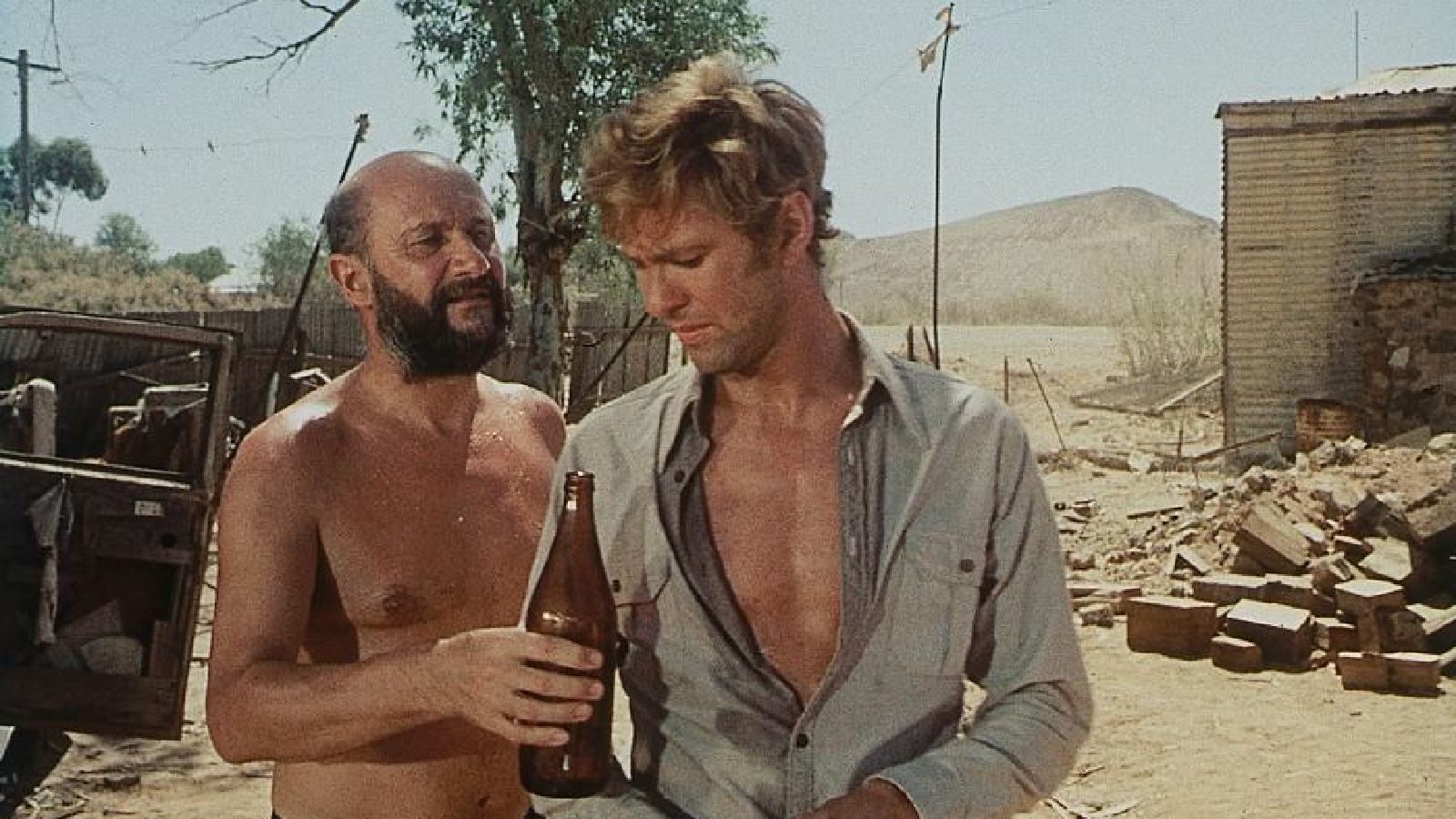KallioWeHardlyKnewYe
Hey! We won!
- May 30, 2003
- 15,828
- 3,927
Victoria
Schipper (2015)
“Ok. I go.”
Ohhh “the oner,” that spectacular feat of filmmaking choreography where we’re led through a town square or the back of a nightclub or the deserted early morning streets of Berlin. It’s a showstopping maneuver that I have a mostly on, but sometimes off, relationship with. Orson Welles’ Touch of Evil (and Altman’s The Player, which mimics it) give us key character introductions and information. Goodfellas’ Copacabana scene gives us character — the world just OPENS for this man and we see it through his date’s eyes. But then sometimes you get a Birdman or an Atonement where the feat (faked in Birdman, executed in Atonement) just feels much more about the filmmaker than the film. I’m watching you do it, but wondering why beyond your own ego stroke. (Quick tangent, a good friend of mine and I got into an argument the Boyhood-Birdman Oscars year because he dismissed Boyhood as being “just a gimmick” and I’m like mf’er Birdman is ALL gimmick).
This brings us to Victoria, where the showstopper is the show. It’s a bold move and it largely works for me. You’re always aware of the experiment and because of that, perhaps ironically, it’s less of a distraction. The show doesn’t stop. The events and the rhythm constantly makes sense. Great pacing between actions and exhales. And the decision to make the movie one shot also makes story sense. It’s impressive filmmaking, so much so that I wonder why director Sebastian Schipper hasn’t worked more. One movie and a TV show episode in the nine years since this.
One of my favorite movies the year it came out. I wondered if it would have diminished in the years since but it really held up well for me. A couple of things that really jumped out to me this time — language and casting. There’s a nice tension in the film due to the fact that the only common language among Victoria and the guys is English. So when they’re speaking German, she doesn’t know what they’re saying. Good performance of observation by Laia Costa. It’s never underlined, but one wonders if the night goes different if she’s able to better understand them. And on casting, half the work for Costa, Frederick Lau and Franz Rogowski is their own faces. Though Costa reveals a steeliness that might be hidden by her doe eyes she reads so soft you can’t help but want her protected (even from her own poor decisions). Lau is well meaning but overconfident. Rogowski is trouble.
Really great sense of place and time of night, the quiet of the streets contrasted with the thrum of the clubs, the night’s gradual transition from black to blues to purples to light and how the streetlights create these almost bubbles or orange ...
Schipper (2015)
“Ok. I go.”
Ohhh “the oner,” that spectacular feat of filmmaking choreography where we’re led through a town square or the back of a nightclub or the deserted early morning streets of Berlin. It’s a showstopping maneuver that I have a mostly on, but sometimes off, relationship with. Orson Welles’ Touch of Evil (and Altman’s The Player, which mimics it) give us key character introductions and information. Goodfellas’ Copacabana scene gives us character — the world just OPENS for this man and we see it through his date’s eyes. But then sometimes you get a Birdman or an Atonement where the feat (faked in Birdman, executed in Atonement) just feels much more about the filmmaker than the film. I’m watching you do it, but wondering why beyond your own ego stroke. (Quick tangent, a good friend of mine and I got into an argument the Boyhood-Birdman Oscars year because he dismissed Boyhood as being “just a gimmick” and I’m like mf’er Birdman is ALL gimmick).
This brings us to Victoria, where the showstopper is the show. It’s a bold move and it largely works for me. You’re always aware of the experiment and because of that, perhaps ironically, it’s less of a distraction. The show doesn’t stop. The events and the rhythm constantly makes sense. Great pacing between actions and exhales. And the decision to make the movie one shot also makes story sense. It’s impressive filmmaking, so much so that I wonder why director Sebastian Schipper hasn’t worked more. One movie and a TV show episode in the nine years since this.
One of my favorite movies the year it came out. I wondered if it would have diminished in the years since but it really held up well for me. A couple of things that really jumped out to me this time — language and casting. There’s a nice tension in the film due to the fact that the only common language among Victoria and the guys is English. So when they’re speaking German, she doesn’t know what they’re saying. Good performance of observation by Laia Costa. It’s never underlined, but one wonders if the night goes different if she’s able to better understand them. And on casting, half the work for Costa, Frederick Lau and Franz Rogowski is their own faces. Though Costa reveals a steeliness that might be hidden by her doe eyes she reads so soft you can’t help but want her protected (even from her own poor decisions). Lau is well meaning but overconfident. Rogowski is trouble.
Really great sense of place and time of night, the quiet of the streets contrasted with the thrum of the clubs, the night’s gradual transition from black to blues to purples to light and how the streetlights create these almost bubbles or orange ...





